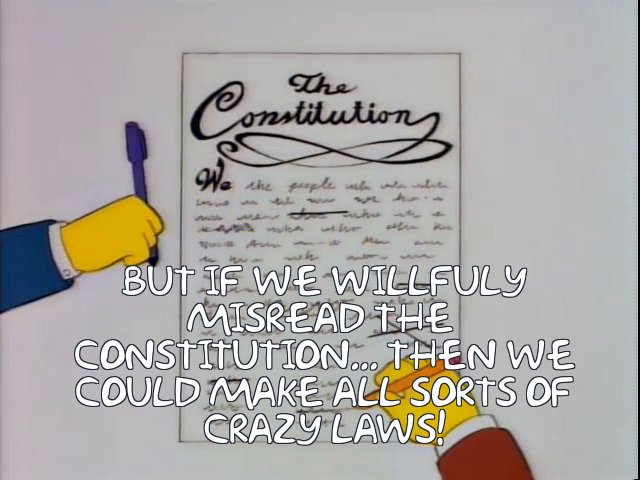After the Establishment Clause

Despite Gorsuch blatantly misstating the facts of the case to make the holding in Kennedy seem narrower than it was, the people they meant to empower are getting the message:
A Michigan superintendent is pondering whether coaches should lead students in pregame prayer. A school board member in Florida wants her district to teach students about prayer and offer religious studies. In Hawaii, the leader of a faith- and family-focused activism group sees a path to altering a state policy that says public-school employees cannot initiate prayer on campus.
A month has passed since the Supreme Court ruled in favor of a Washington state football coach who knelt at midfield to pray and was joined by student-athletes. The court wrote, in a 6-3 decision, that Bremerton High School assistant coach Joseph Kennedy’s prayers were protected by the Constitution’s guarantees of free speech and religious exercise, and that the district was wrong to discipline him for what the majority saw as a private act.
In response, families, teachers and activists are preparing to push religious worship into public schools nationwide — working to blur the line dividing prayer and pedagogy, and promising emotional, spiritual and educational benefits for students. Some school officials are listening: In at least three states, Illinois, Alabama and Oregon, school personnel have said they are reviewing their policies on employee prayer.
“Our nation has lost its way in having lost a belief of a higher power,” said Christi Fraga, a Miami-Dade school board member who in May successfully proposed establishing an annual day of prayer in her district. “So in my community, there has been a cry for help — a cry to allow prayer in our schools.” Fraga added of the court’s ruling: “I hope it brings back our country to its foundation.”
Those who say faith should play a role in public schools are thrilled with their gains and eager to push for more next school year. They cite not only the court’s decision for Kennedy but also a June ruling in which the court declared that Maine cannot prevent religious schools from receiving public tuition grants permitted for other private schools.
It will get much worse, and who knows if it will ever get better.


